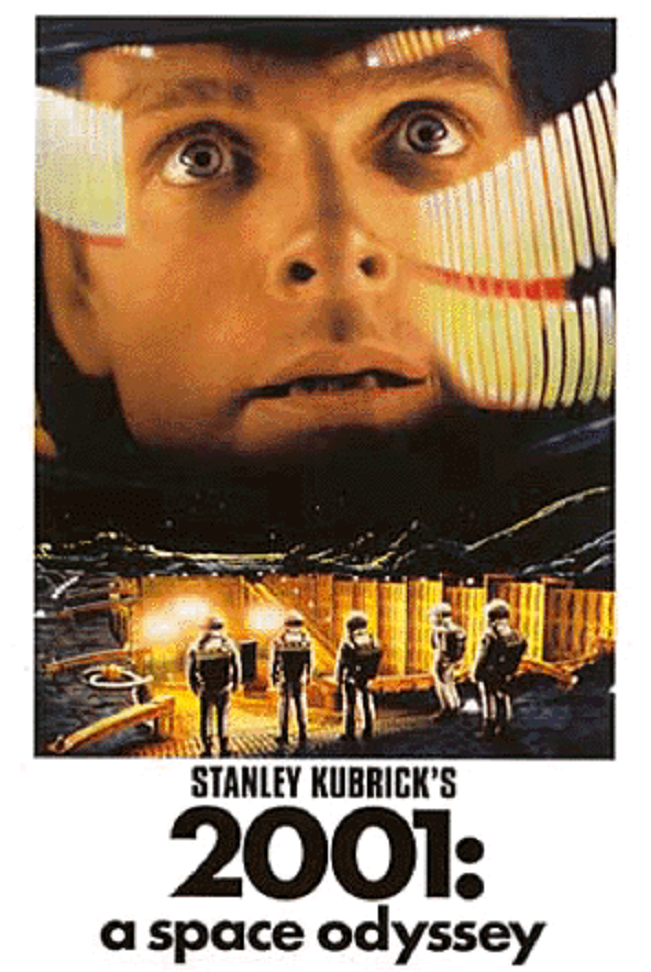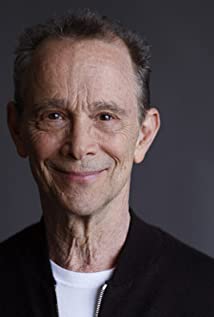Joel Grey
Joel Grey's father, Mickey Katz, created "Borscht Capades" in the early 1950s. Mickey Katz was a musician -- a clarinetist and a saxophone player -- in bands around the east. Mickey was performing, playing in a band in Cleveland, Ohio, which is where Joel Grey was born. Musician and bandleader Spike Jones needed a clarinet player who could do bits, funny things. Mickey went on the road with Jones' band for about a year, the Katz family ending up, as the band all went to California.
One day his father Mickey was doing a recording session at the Sunset Boulevard RCA-Victor recording studio in Hollywood, and during a break, Mickey always wrote parodies to pop songs for fun and had just written this parody -- he was singing it to one of the other Jewish musicians. Unbeknownst to him the microphone was open in the control room and this group of non-Jewish, white-bread heads of RCA-Victor were sitting there and he's singing a Yiddish song. They didn't know what he was singing but they were laughing and laughing and they decided to record it. The recording became an enormous hit. The records were so successful Mickey put together a variety show that sold out every week in Los Angels at the Wilshire Ebell Theater. Joel knew, even at 9, that he was going to become an actor. When his father had this variety show, Joel said, "How can I be in it?" And his father said, "Well, what do you want to do?" Joel replied, "I don't know how to sing and I don't dance, but I'll run around and I'll move."
So Joel's aunt dropped him a song that was a big record in New York, a Yiddish song -- it was a million words and very fast and it was very popular with the audience -- and Joel learned it by rote. Joel had no idea what he was saying or singing and the next thing he knew, he was boxed in to being a song-and-dance man as opposed to an actor. "Romania, Romania." The song was like a Danny Kaye spectacular, fast, patter song that left a lot of room to dance and sing and mug and do all the things like his hero at the time -- Jerry Lewis. Maybe two years, Eddie Cantor saw Joel in Florida and put him on his "Colgate Comedy Hour' television show, and that was the end of the "Borscht Capades" for Joel, and the beginning of Joel's long tenure in night clubs all over the country.

